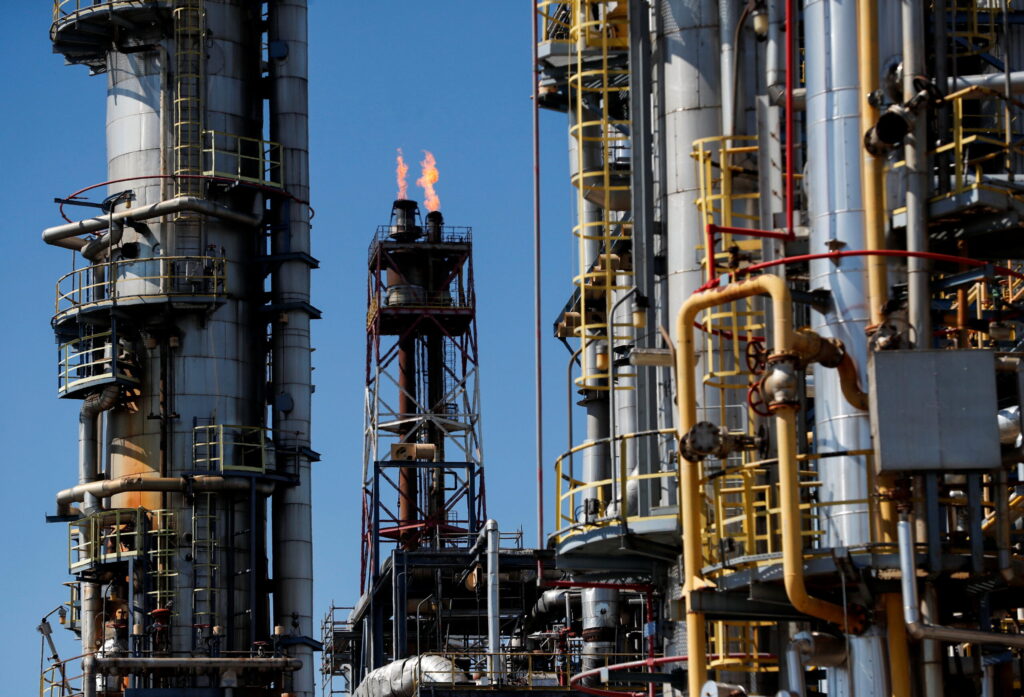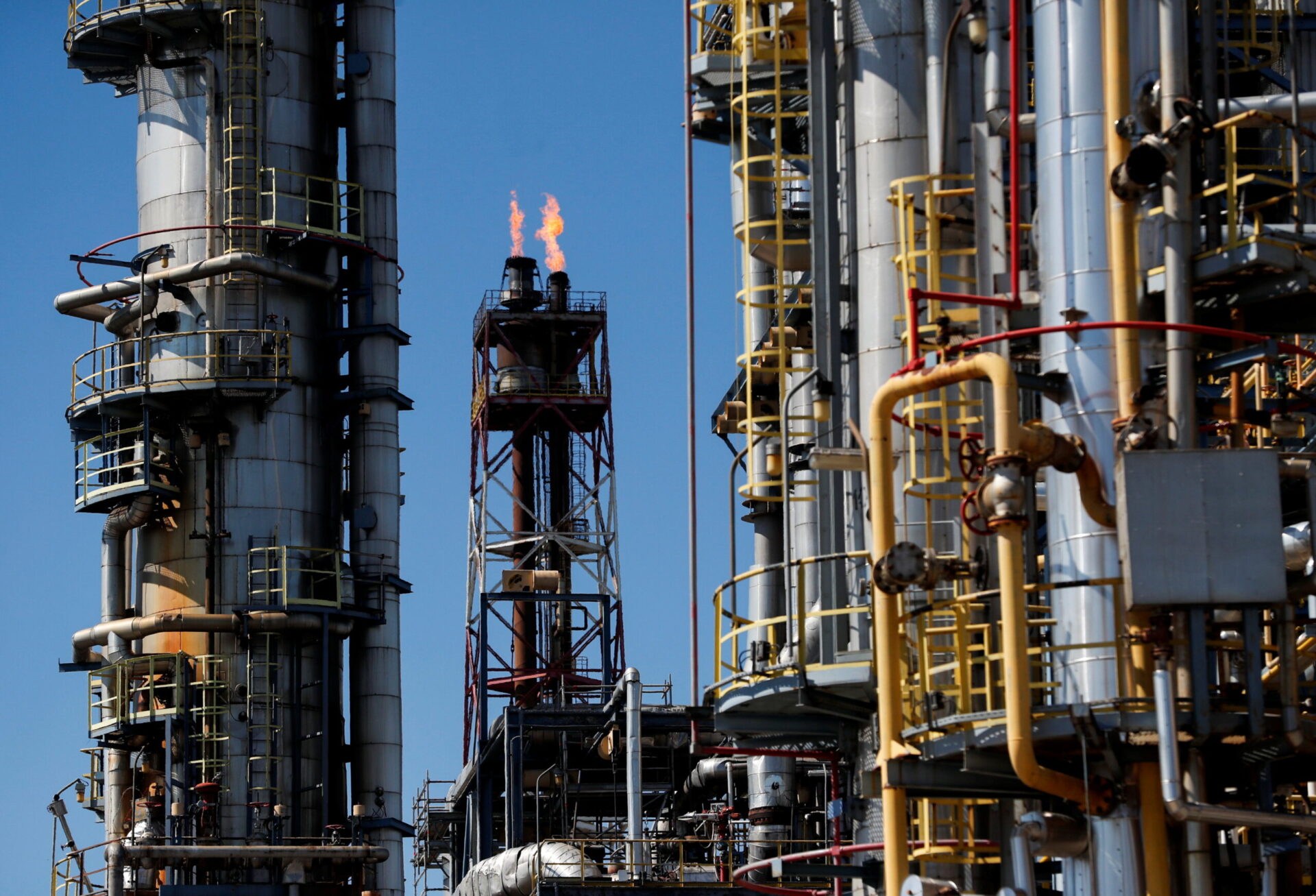
(Source : Upstream)
Astana and Hungary have yet however to agree final terms of the upcoming shipment
Kazakhstan’s KazMunayGaz and Hungary’s MOL Group have determined the volume of Kazakh oil to send by pipeline to Budapest, though talks on pricing continue.
Hungary reached a deal for Kazakh crude imports in February after the European Union decided to completely phase out imports of Russian oil to all member countries by end of 2027.
However, six months after the Kazakh state oil company and Hungarian producer reached an agreement, the timing of first supplies remains uncertain as the pair remain locked in talkes over pricing.
Speaking on Friday at an industry event in the Russian regional oil town of Almetyevsk, KazMunayGaz executive chairman Askhat Khasenov said both companies have so far agreed on the volume of trial oil shipments, but he refused to disclose the exact amount.
The timing of the shipment will “depend on commercial terms that are still being discussed”, Khasenov was quoted as saying by Moscow-based news agency Interfax.
A spokesperson for KazMunayGaz told Upstream that the company is unable to provide any additional comments.
Since 2023, Kazakhstan has sent crude to Europe via the Russian trunkline network and onward through the northern leg of the Druzhba pipeline, which runs through Russia, Belarus and Poland before reaching Germany.
However, to deliver oil to Hungary, KazMunayGaz will have to use the southern leg of the Druzhba pipeline, which runs from Belarus and through war-torn Ukraine.
Russia crude exports via the northern leg of the Druzhba pipeline halted in the first half of 2023 after Poland and Germany adhered to the European Union ban on Russian oil imports.
However, Russian crude has continued to flow via the southern leg of the pipeline, as Hungary, Slovakia and the Czech Republic were granted exceptions from the embargo because of their landlocked status and lack of infrastructure connecting to possible supplies from the west.
The Czech Republic put a total halt to Russian oil purchases via the Druzhba pipeline earlier this year, but Russian crude continues to flow to Hungary and Slovakia.
While Hungary opposes the EU plan to end imports of Russian crude, it already has secured alternative supplies via the Adria Pipeline, which enables it to import oil via a marine terminal on Croatia’s Krk island.
However, Hungary also hopes oil supplies will continue via the Druzhba pipeline, as it works with Serbia to enable a joint project calling for the construction of a pipeline between the two countries.
Expected online in 2028, the proposed pipeline will extend Druzhba into Serbia and will have the capacity of between 80,000 and 100,000 barrels per day.


